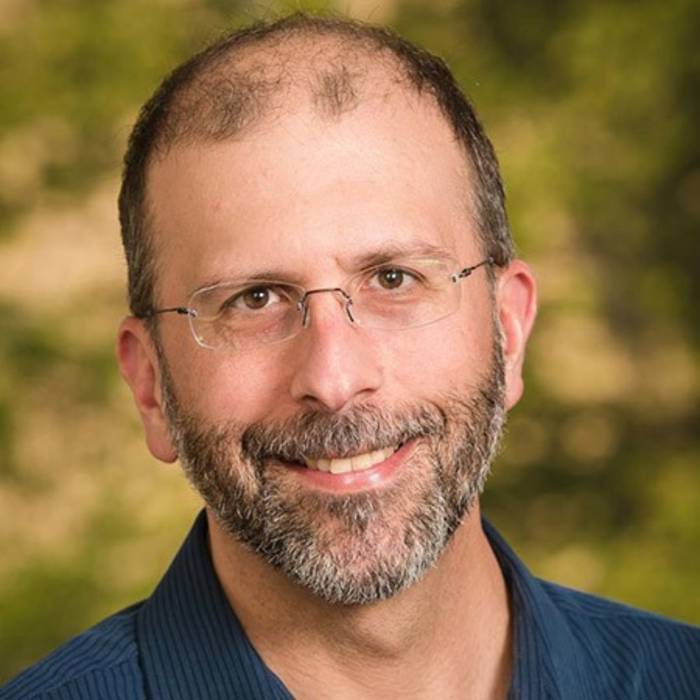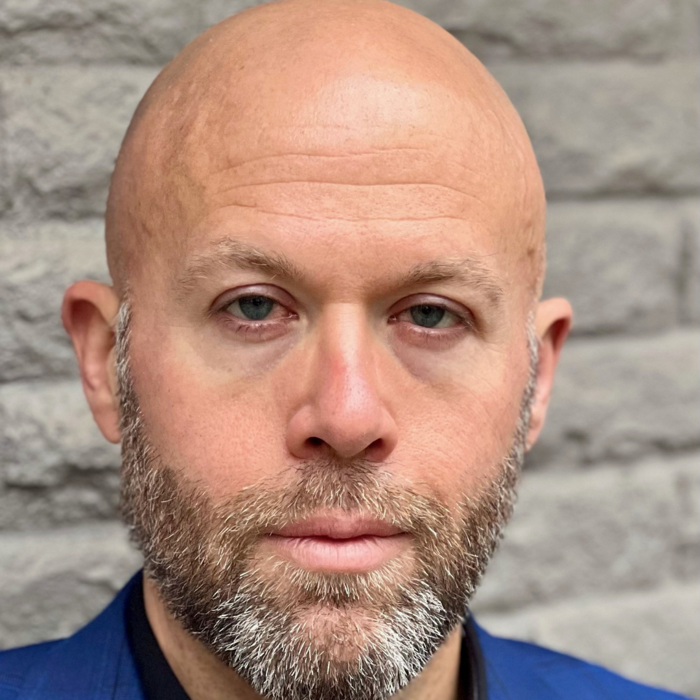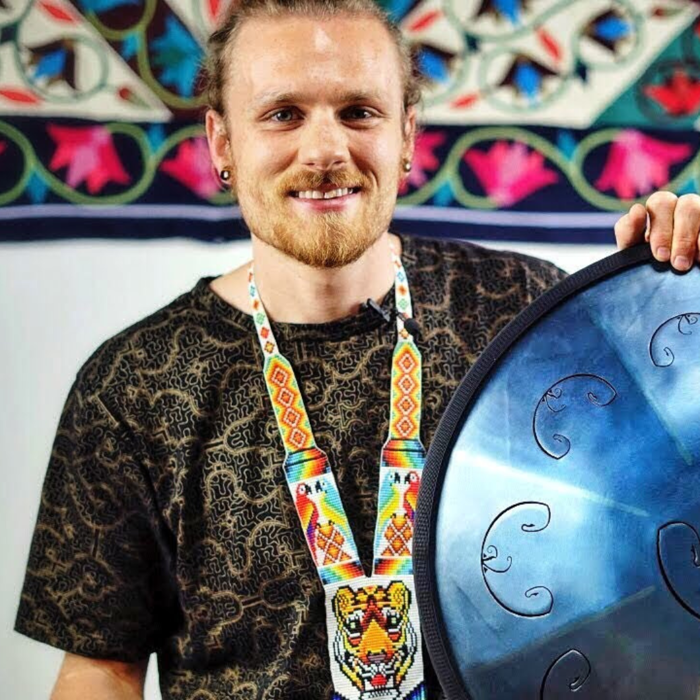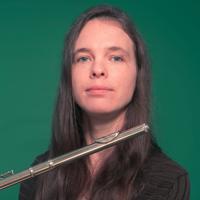The Voice in Neurodiversity Affirmative Music Therapy with Autistic People
Tuesday 23rd April 2024, 12:00 PM - 2:00 PM (London Time)
The Neurodiversity Paradigm challenges the concept of autism (and related neurological differences such as ADHD and dyspraxia) as a disorder or deficit, instead defining autism as a natural and normal part of human neurological diversity (neurodiversity). Under the neurodiversity paradigm, autism is considered as an aspect of identity, in the same way as gender or sexuality, and autistic forms of behaviour, communication and culture are valued in the same way as allistic (non-autistic) forms of behaviour, communication and culture. In recent years, the music therapy profession has begun to consider the application of the neurodiversity paradigm to music therapy practice, and an increasing amount of literature embracing this perspective has been published.
This lecture, delivered from a lived experience perspective, will begin with an explanation of the key concepts around neurodiversity, the neurodiversity paradigm, and some neurodiversity-informed theories within autism research, including a brief exploration of autistic communication and culture. We will look at ways to work musically from a neurodiversity-affirmative perspective with autistic people, whether therapeutically or within other forms of music-based work or teaching practice. Particular consideration will be given to the use of the voice with autistic people, both in terms of responding to the individual’s particular ways of using language, song and vocal sounds, and in terms of using one’s own voice (whether you identify as autistic or allistic), and other forms of music, to communicate respectfully and effectively with autistic people.
Hilary will speak about her own music therapy work with autistic people, which takes a collaborative approach with the client as much as possible, giving examples of how Hilary uses her voice and other forms of musical response in her therapeutic work.
Hilary Davies
Hilary Davies is a Health and Care Professions Council-registered Music Therapist, specialising in music therapy with autistic people.

Attend this course for as little as £22 as part of the Voice Professional Training CPD Award Scheme.
Learn MoreSorry, this is an archived short course...
We have plenty of upcoming short courses coming soon. See details of some of them below or look at the full list of short courses.


Tuesday 7th May 2024
5:00 PM - 7:00 PM
(London Time)
Parallels in learning to talk and sing: Social mechanisms of vocal learning in baby humans and songbirds

Michael Goldstein
To gain a better understanding of the development and evolution of vocal learning, we will examine the processes by which birds learn to sing and human infants learn to talk.


Thursday 9th May 2024
5:00 PM - 7:00 PM
(London Time)
On the Nose: Nasality as Percept and Physical Reality

Nicholas Perna
This course will address three perspectives on nasality: distinctions between nasal airflow and audio signal (velopharyngeal opening) and perception; deciphering between the two timbral qualities commonly related to nasality - twang and honk - and which are related to velopharyngeal opening; and the pedagogic usefulness of velopharyngeal opening to reduce laryngeal instabilities near points of registration shifts.


Tuesday 14th May 2024
5:00 PM - 7:00 PM
(London Time)
Tuvan Overtone Throat Singing

Jerry Walsh
This two-hour class on Tuvan throat singing will be an opportunity to learn five different styles of overtone singing that first originated in Central Asia. Several styles can be learned quite quickly while others are more complex and require deeper study. This class is great for singers of all levels from absolute beginners to professionals.
